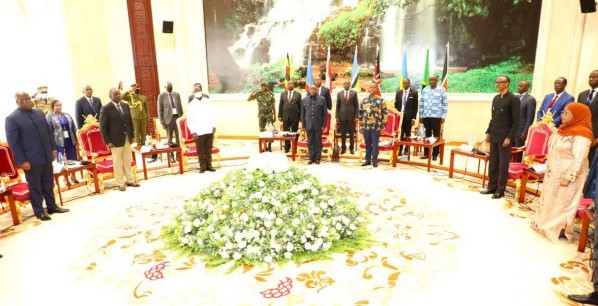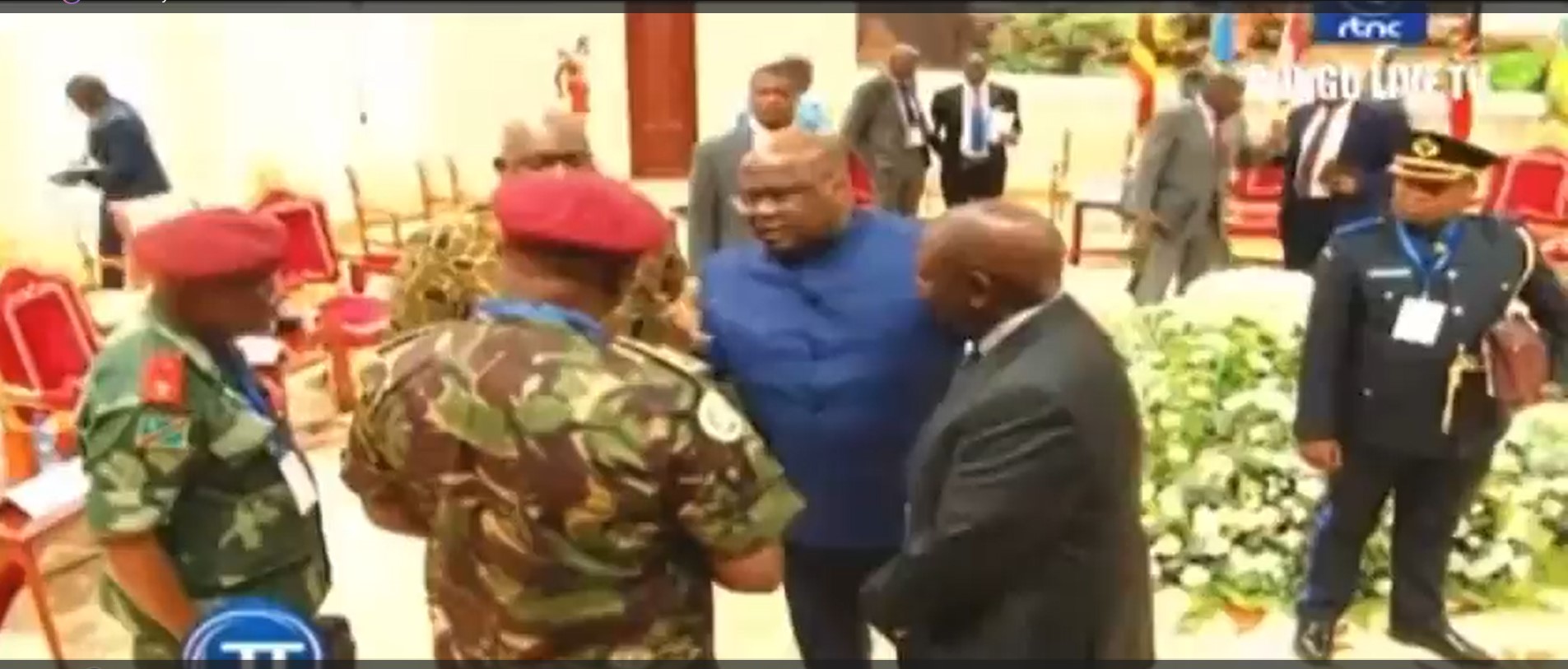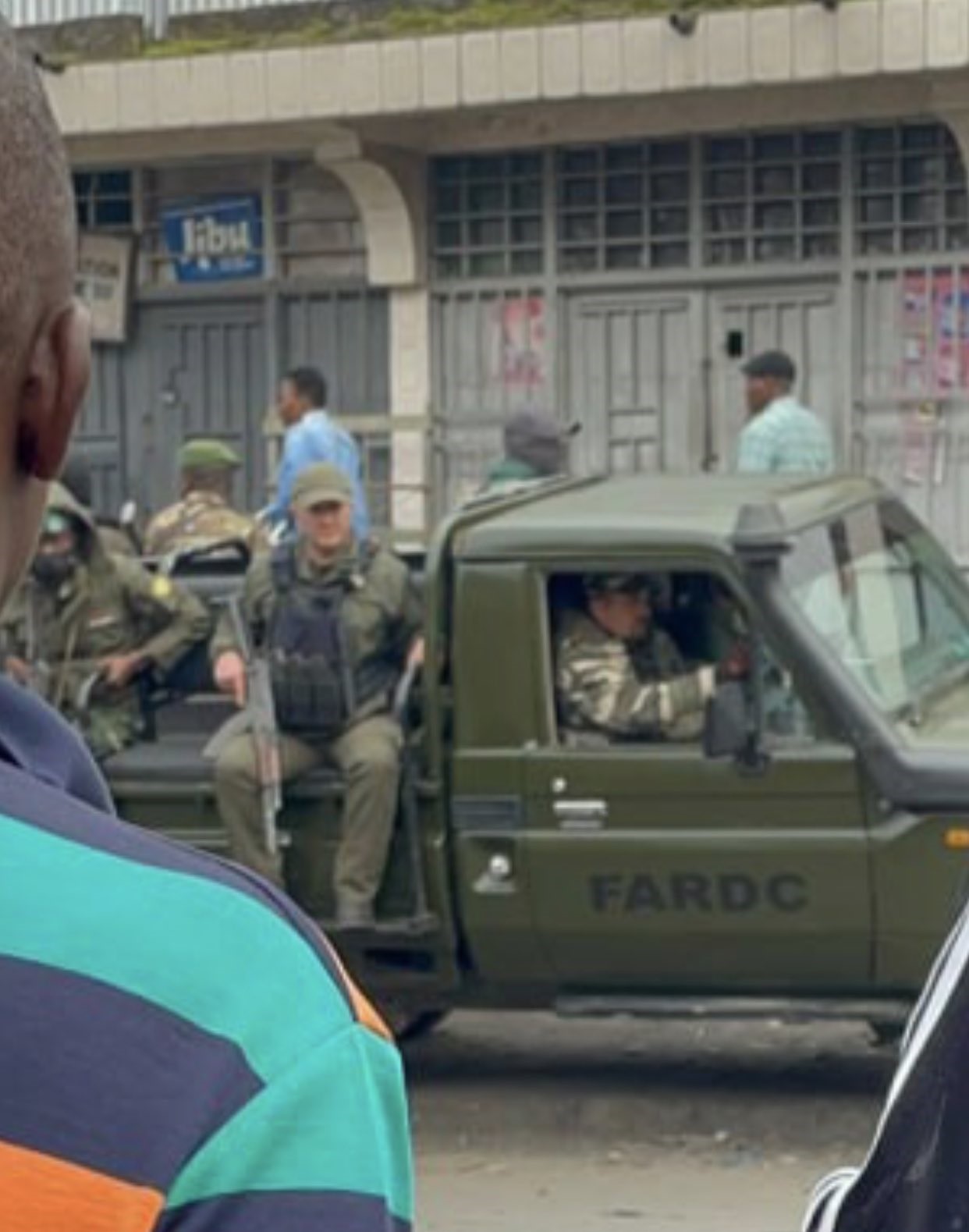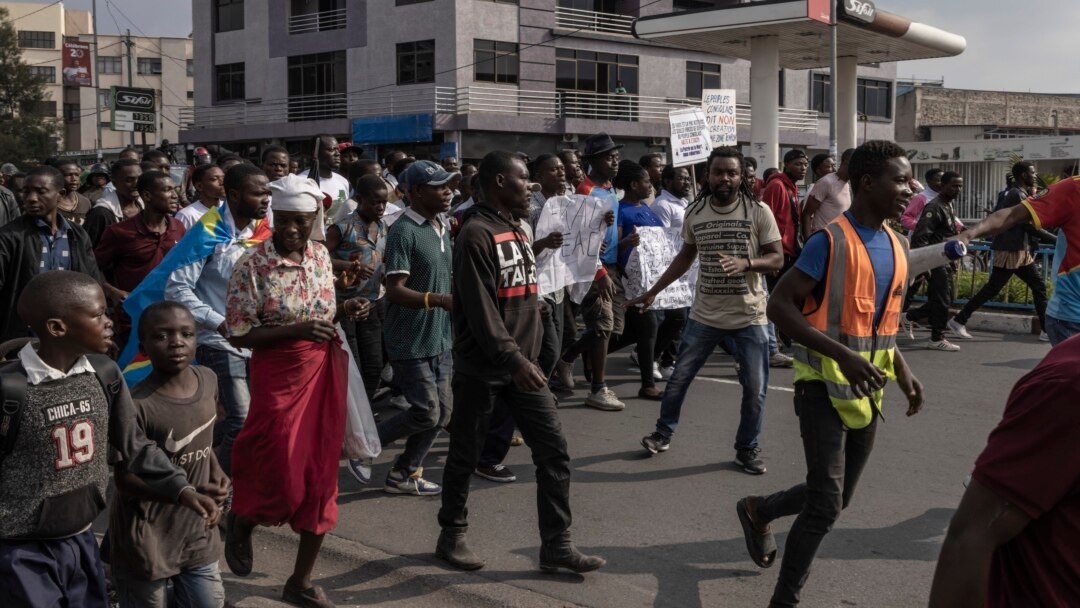Regional
Of DRC and Rwandophones' long history of grievances

Kinyarwanda-speaking
Congolese have lived in fear despite many changes of power in Kinshasa. From
colonial era, under Belgian rule, up to date, the Democratic Republic of
Congo’s leadership has failed to protect Congolese Rwandophones.
Sources
in North Kivu province reveal that there is a plan to eliminate
Kinyarwanda-speaking Congolese in some territories of eastern DRC. The plot is
expected to come into force on February 25. The Nande community will head the
hostilities which will include looting the cattle and other properties of
Congolese Rwandophones, torturing, beating, and burning them alive in their
houses. They will even hack them to death.
The
Nande are one of DRC's 250 tribes, and among the largest in eastern DRC. Most of
them live in North Kivu province, in the territories of Beni and Lubero.
The
oppression of Kinyarwanda-speaking Congolese is nothing new.
President
Félix Tshisekedi’s government blames the M23 rebels for the current escalation
of violence but during colonial era none of the M23 combatants was born yet.
When
the Belgians arrived, the area now called Masisi territory was sparsely
populated.
It was inhabited in the north and west by the
Nianga tribesmen, and in the east and south by the Hunde. With population
problems in Rwanda-Burundi and the similarity of the Masisi highlands to large
areas of Rwanda, the Belgian administration implemented, from 1931, a
resettlement program of Rwandese in the Congo – movement de l' installation
de la population.
By
1960, Kinyarwanda-speaking Congolese made up 90 per cent of the population that
lived in Masisi territory. They were recognized as legitimate citizens and they
participated in the 1960 and 1964 general elections. However, in the 1965
elections, they were denied their rights of candidacy and of voting. In that
same year, thousands of Kinyarwanda-speaking Congolese were persecuted while
hundreds were massively massacred. They were called refugees, foreigners who
want to balkanize eastern DRC.
Today,
Kinshasa is raising the same allegations.
No
single government official stands to condemn the Rwandophones’ killings in DRC.
They all turn a blind eye despite different calls from the international
community.
In 1965,
the Nande were using the small Hunde tribe to suppress Kinyarwanda-speaking
Congolese who were numerically superior. By the time, Rwandophones had not
realized that their real difficulties were with the Nande and not the Hunde.
What
is different now is that Congolese government officials openly mobilize and
instigate the violence against Kinyarwanda-speaking Congolese. These innocents
people are killed, with impunity, in broad daylight on the streets of Goma, the
capital of North Kivu province, and in various villages of the province.
Rwandophones in eastern DRC
The 1885
Berlin conference resulted in Rwandan territories, from Bufumbira, Ndorwa,
Mpororo up to Lake Albert, being given to Uganda.
Rwanda’s
territories of Rutshuru, Bunyabungo, Masisi, Gishali, Tongo and Idjwi, among
others, were given to DRC.
These
are indisputable historical facts.
For
the case of Uganda, Banyarwanda are one of the Ugandan tribes.
In
Uganda, their nationality has never been disputed as is the case in DRC.
Kinshasa
has turned the case into political turmoil which led to the long lasting
insecurity in the great lakes region.
Many
people are trapped in Kinshasa’s lies that Kinyarwanda-speaking Congolese are
foreigners.
However,
these people were DRC inhabitants since a century ago. From colonial era, in this
vast country resided Rwandophones.
Sake,
Nyiragongo, Nyamuragira, Kibumba, Kanombe, Kabaya, and Kanyamahoro localities, among
many others, are names of Rwandan origin.
Kinshasa recognizes these areas but refuses to acknowledge their
inhabitants as legitimate citizens.
This
shows that the DRC crisis is only caused by leadership failures, not external
intervention as often misinterpreted.
Insecurity
in eastern DRC is an internal political problem.
It
needs an internal political solution formulated by all the concerned parties.







